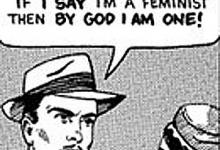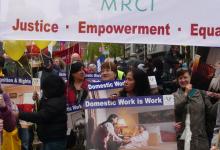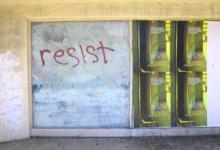So you think they're watching?
We do like to think of ourselves as a special little country. And in that we're not unusual. All countries think they're special; such self-regard being nothing more than a scaled up version of an entirely natural narcissism. There being no mirror big enough to check a nation's hair in, foreign opinion on our affairs is a handy proxy for that gigantic looking glass humanity never got around to building. Which is all well and good, but Ireland has lately becoming obsessed with foreign opinion, convinced the world's eyes are tracking our every move.









